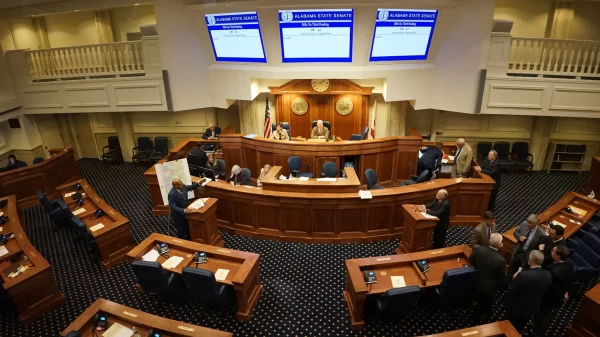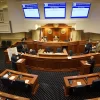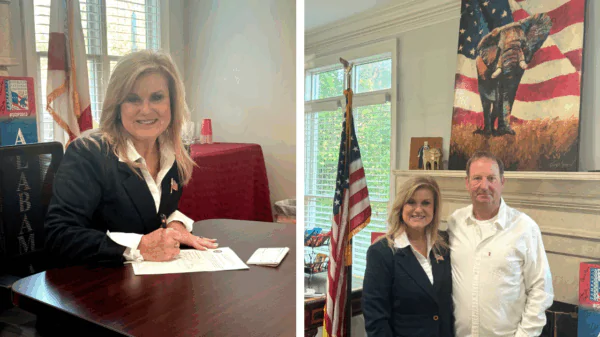Rep. Ed Oliver, R-Dadeville, sponsored a bill last session to ban certain “divisive concepts” from being pushed in Alabama classrooms.
The bill passed through the House Committee on State government after three committee meetings and eventually passed through the full House after three hours of debate, but the bill never made it onto the Senate floor.
Now the bill is back on the calendar to be considered by the same committee on Wednesday.
A public hearing will accompany the bill being presented to the committee; if it’s anything like the last public hearing, that will be mostly critics. Last time, 11 people spoke at the public hearing, including teachers and other education professionals, all in opposition to the bill.
The bill does not expressly mention Critical Race Theory, which Oliver has been quick to point out when pressed by critics of the bill, but is similar in essence to other bills being pushed by Republicans in other states against the framework that examines how racist policies have been embedded into the country’s infrastructure.
The bill lists out seven divisive concepts, down from 12 at the beginning of the process last session:
- That any race, color, religion, sex, ethnicity, or national origin is inherently superior or inferior.
- That individuals should be discriminated against or adversely treated solely because of their race, color, religion, sex, ethnicity, or national origin.
- That the individual moral character of an individual is solely determined by his or her race, color, religion, sex, ethnicity, or national origin.
- That solely by virtue of an individual’s race, color, religion, sex, ethnicity, or national origin, the individual is inherently racist, sexist, or oppressive, whether consciously or subconsciously.
- That individuals, by virtue of race, color, religion, sex, ethnicity, or national origin, are inherently responsible for actions committed in the past by other members of the same race, color, religion, sex, ethnicity, or national origin.
- That fault, blame, or bias should be assigned to a race, color, religion, sex, ethnicity, or national origin, or to members of a race, color, religion, sex, ethnicity, or national origin, solely on the basis of race, color, religion, sex, ethnicity, or national origin.
- That any individual should be asked to accept, acknowledge, affirm, or assent to a sense of guilt, complicity, or a need to apologize solely on the basis of his or her race, color, religion, sex, ethnicity, or national origin.
According to the bill, no K-12 school, state agency or university could direct or compel a student, employee, or contractor to personally affirm, adopt, or adhere to a divisive concept. Those institutions would also not be allowed to require anyone to
- attend or participate in any training, orientation, work that advocates, acts upon, or promotes a divisive concept.
- share his or her personal point of view on any divisive concept
- participate, as part of any course work or for any class credit or professional training, in an activity that involves lobbying for legislation at the federal, state, or local level.
The bill will come before the committee at 3 p.m. in Room 206 of the Statehouse.























































